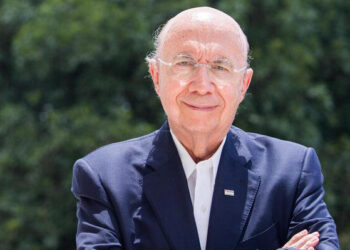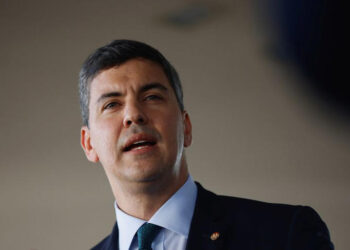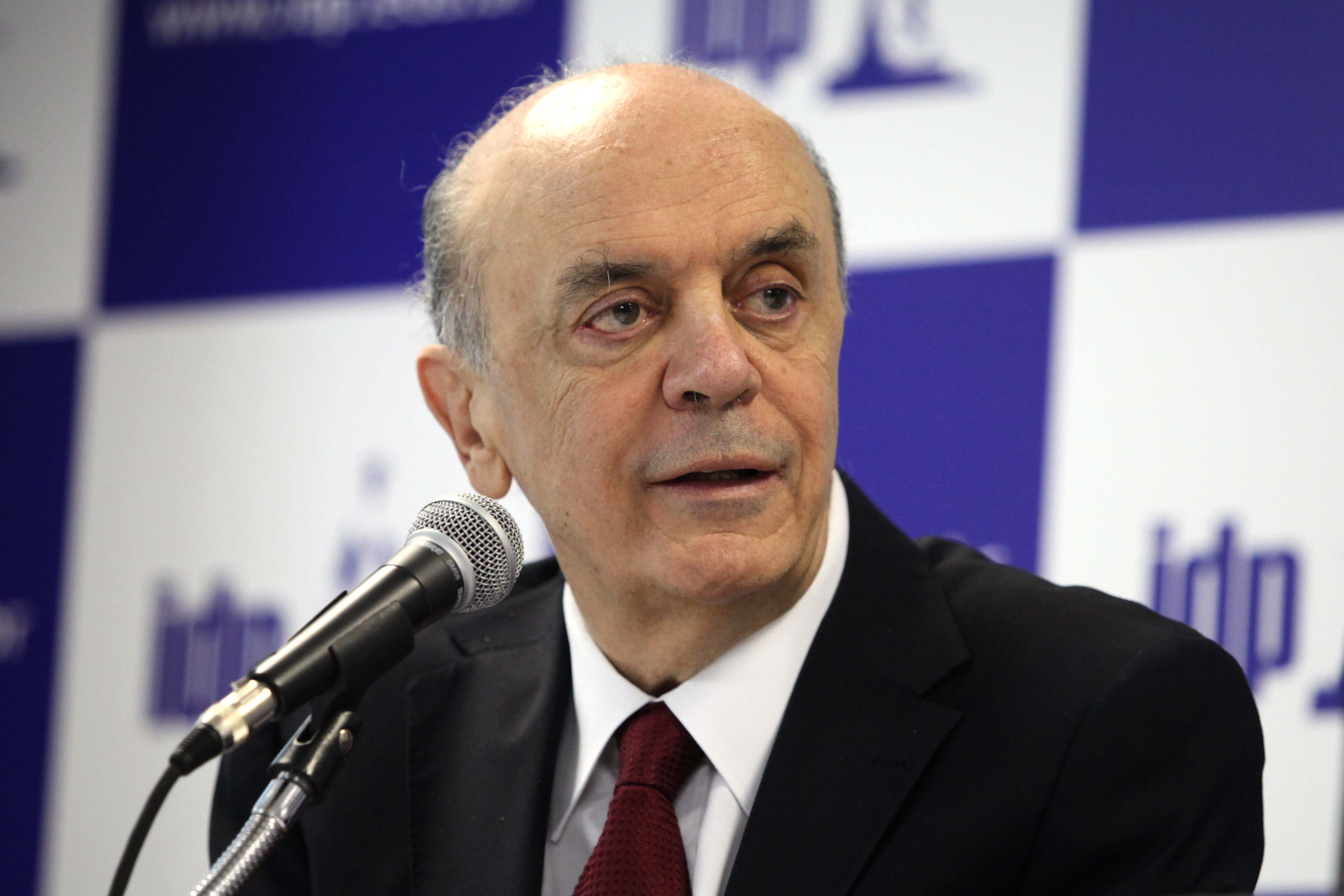A major milestone for the global trading system was reached on 22 February 2017 when the first multilateral deal concluded in the 21 year history of the World Trade Organization entered into force. In receiving four more ratifications for the Trade Facilitation Agreement (TFA), the WTO has obtained the two-thirds acceptance of the Agreement from its 164 Members needed to bring the TFA into force.
Rwanda, Oman, Chad and Jordan submitted their instruments of acceptance to WTO Director-General Roberto Azevêdo, bringing the total number of ratifications over the required threshold of 110. The entry into force of this agreement, which seeks to expedite the movement, release and clearance of goods across borders, launches a new phase for trade facilitation reforms all over the world and creates a significant boost for commerce and the multilateral trading system as a whole.
DG Azevêdo welcomed the TFA’s entry into force, noting that the Agreement represents a landmark trade reform. He said: “This is fantastic news for at least two reasons. First, it shows Members’ commitment to the multilateral trading system and that they are following through on the promises made in Bali. Second, it means we can now start implementing the Agreement, helping to cut trade costs around the world. It also means we can kick start technical assistance work to help poorer countries with implementation.
“But this is not the end of the road. The real work is just beginning. This is the biggest reform of global trade in a generation. It can make a big difference for growth and development around the world. Now, working together, we have the responsibility to implement the Agreement to make those benefits a reality.”
The Agreement is unique in that it allows developing and least developed countries to set their own timetables for implementing the TFA depending on their capacities to do so. Developed countries have committed to immediately implement the Agreement. Developing countries, in comparison, will immediately apply only the TFA provisions they have designated as “Category A” commitments. For the other provisions of the Agreement, they must indicate when these will be implemented and what capacity building support is needed to help them implement these provisions, known as Category B and C commitments. These can be implemented at a later date with least-developed countries given more time to notify these commitments.
Após mais de 20 anos, OMC implementa seu primeiro acordo
Um histórico acordo aduaneiro multilateral, o primeiro desde o lançamento da Organização Mundial do Comércio (OMC), em 1995, entrou em vigor nesta quarta-feira (22). Segundo a instituição, o compromisso deve ajudar os países menos avançados economicamente a diversificar suas exportações.
O documento, chamado Acordo para facilitar os intercâmbios comerciais (FTA na sigla em inglês), havia sido assinado no fim de 2013 em Bali, na Indonésia, durante a conferência ministerial da OMC. Porém, eram necessárias 110 ratificações para que entrasse em vigor. “Nesta manhã, recebi a ratificação de Ruanda, de Omã, do Chade e da Jordânia, somando 112 ratificações”, explicou o diretor-geral da OMC, o brasileiro Roberto Azevêdo.
“É algo fantástico. As estimativas demonstram que a aplicação completa do acordo pode reduzir, em média, os custos dos intercâmbios comerciais em 14,3% em escala mundial”, celebrou o diretor da instituição em uma coletiva de imprensa.
Os países signatários se comprometem em harmonizar os procedimentos nas fronteiras e limitar as taxas impostas aos intermediários, com o objetivo de facilitar os intercâmbios comerciais, reduzindo as formalidades administrativas. O texto também inclui medidas relacionadas a uma assistência técnica, em particular para os países menos avançados economicamente.
Até 2030, este acordo pode somar 2,7% ao crescimento mundial das exportações, e 0,5% ao próprio crescimento mundial, segundo a OMC. Segundo a instituição, os países em desenvolvimento serão os que mais se beneficiarão deste acordo aduaneiro, ao permitir que diversifiquem suas exportações. A OMC calcula que o compromisso deve gerar até US$ 1 bilhão anuais de exportações suplementares em todo o mundo.







